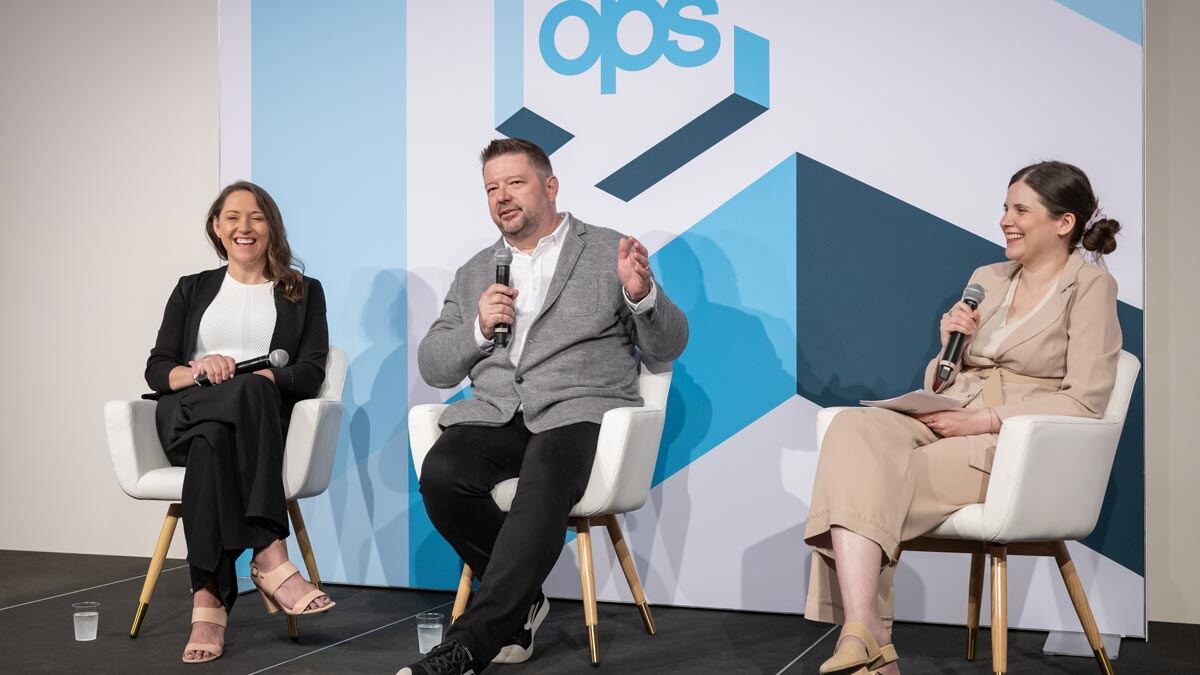At the start of this year, the outlook for publishers was fairly bleak. GenAI was biting into valuable search business; Google was finally beginning its deprecation of third-party cookies; and the big social platforms were continuing their turn away from news. As it happened, an unlikely savior has arrived, one that has injected new life into the business: the 2024 election season.
According to current projections, US political ad spending is likely to exceed $12 billion in 2024—a new high, and nearly triple the $4.25 billion spent in 2016. This surge in spending has been very good for publishers campaigns want access to their readers, who tend to be more politically engaged, and they are willing to pay top dollar to reach them.
That said, there are still significant problems at play. Yes, political campaigns—and brands in general—want to reach publisher audiences, but they remain ultra-cautious about brand safety. What we end up with is a paradox. Political campaigns want to lavish money on publisher ad spend—but they often don't want their ads to appear next to political content.
Last week, at AdMonsters Ops 2024, EX.CO's co-founder and CRO/CMO Shachar Orren moderated a panel designed to address precisely these issues. Katie Pillich, Senior Vice President of Revenue Operations ; Analytics at The Daily Beast, addressed the national angle, while Grant Whitmore, VP of Ad Technology and Programmatic Revenue at Advance Local, took up the local part of the equation. Both publishers leverage EX.CO for their video content and video monetization needs. Collectively, they painted a portrait of the current media landscape that—while dismaying in places—is much more optimistic than we've been led to believe.
1) Publishers need to open up the dialogue with advertisers
Right now, especially on the programmatic end, we have an epidemic of advertisers blocking not just certain keywords but entire websites. The opacity of this system can be maddening for publishers, who sometimes don't even know if they've somehow wound up on a blocklist.
But on the direct side, at least, there is absolutely room to maneuver. It's true that, as Katie put it, "clients want to have ownership," but there is value in working to find the middle ground, and advertisers are more willing than you might suspect to work with publishers to find it.
The Daily Beast's case is broadly applicable. Yes, their homepage is often dominated by political stories. But their site also has robust lifestyle and entertainment verticals, which drive huge amounts of traffic. The role of the publisher, Katie said, is to "better inform them on what we can bring to the table."
2) Political temperatures have died down—to the benefit of publishers
2016 and 2020 were watershed years for the publishing business: political temperatures were high and people were checking the news compulsively. What is clear, this far into 2024, is that the fever has broken—news consumers aren't obsessed in the same way. As it happens, though, this is actually a good thing for publishers.
Yes, the last two election cycles saw massive traffic surges for publishers—but those surges were often difficult to monetize, as brands were wary of associating themselves with polarizing political content. In 2024, news readers remain highly engaged, but that engagement is less emotionally charged—which means advertisers might feel more comfortable advertising around political content.

3) In an increasingly post-truth online environment, publishers are poised to thrive
In recent months, Google has been churning out self-evidently incorrect, AI-facilitated search results by the millions. This has occurred against a backdrop in which deepfakes are proliferating and AI bots are taking over massive walled gardens like X.com. People are growing tired of our post-truth environment—and that is exactly the value proposition of publishers, for both consumers and advertisers.
"Ultimately, consumers need to trust where they're getting their content from—and that's exactly what we can give to them," said Katie. The high level of trust audiences grant to trusted publishers is, in turn, highly valuable to advertisers. As such, The Daily Beast only allows certain vetted partners to deliver political ads programmatically and Advance Local is similarly cautious. Cultivating those strong reader-publisher bonds—and continuing to "tell the truth and shine a light on things that sometimes make people uncomfortable," as Grant put it—will be key to publisher success moving forward.
Both Katie and Grant agreed that it’s very strange to see advertisers concerned about brand safety on publisher sites while they continue to spend budgets on walled gardens like Facebook, which host vast amounts of user-generated content and are far from brand-safe.
4) Video is pointing a new way forward
It is an interesting fact of online advertising that publishers tend to view video as broadly safer than traditional display advertising—and publishers are turning this to their benefit.
"There is a wider pathway for video than there is for display," said Grant. It helps that, on average, users watching video content tend to be more engaged, to show higher message retention, and to stay watching for longer.
It gets to a broader point made throughout the panel about diversification: as Grant put it, "if you don't have a diverse model in publishing right now, it's amazing you still publish at all." Diversification can take many forms—Advance Local, for instance, has received a bump from the legalization of gambling across some of the states it operates in. Increasingly, though, video is emerging as one of the most promising diversification options available to publishers, and is showing excellent results.
And since more buys have shifted to programmatic since the last election cycle, there’s still time for both publishers and advertisers to get in on the action. It's one more piece of good news in what is shaping up to be—against all odds—a banner year for publishing.
Ready to find out how EX․CO can help your site grow this year? Fill out the form below to speak to a monetization expert.
